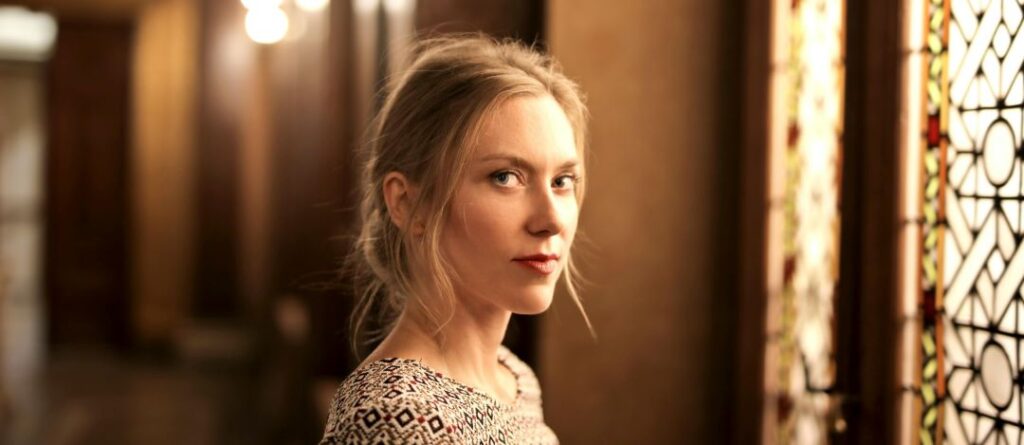Allison is in her mid-40s and was diagnosed with Glanzmann thrombasthenia at birth. She talked to HFA about her experiences and what she has learned from living with this very rare bleeding disorder.

‘I have learned that while you need to be careful, you do also need to live your life.’
Learn more about Glanzmann thrombasthenia
‘When I was born, they tested me for Glanzmann thrombasthenia as I had an older sister with the disorder. When I was diagnosed it was easier for my parents to understand as I had an 18-month-old sister who had the condition and they had already started their learning journey.’
The experience of Glanzmann thrombasthenia varies from person to person and treatment requirements for each individual can take time to determine.
‘My bleeding is generally associated with periods and injury or surgery, and not spontaneous, that is, with no obvious cause.
‘We had great support from the children’s hospital growing up, with an annual check-up. We were hospitalised periodically, but less than ten times. At this stage I have not had any significant injuries or surgeries. But for me even simple procedures, like a colonoscopy, require factor with the risk of bleeding.’
Initially Allison had treatment with platelet transfusions but developed antibodies to them, so that the treatment no longer worked. Since then, she has had treatment with recombinant coagulation factor VIIa (Novoseven ®) with minor procedures, and tranexamic acid for day-to-day bleeding, when needed.
‘I always felt different to everyone else and went to great lengths to hide my disorder. The main outward sign was the amount of bruising all over my body. This proved to be very challenging and did not help my self-confidence.’
Allison played netball until she was 12 years old and then transitioned to tennis as a non-contact sport.
‘I am very prone to injury and recovery always takes longer for me, as I have a tendency for swelling and can’t take anti-inflammatory medication to support healing.
‘Going through puberty was one of the tougher times in life. I was hospitalised when I got my first period due to the inability to control my bleeding and excessive loss of blood. Since then this has caused issues from time to time and has meant that I have had to be on hormones to control bleeding my whole life.
‘One of the most difficult things for me to accept has been the inability to have my own children. Even to extract eggs was too risky for my level of severity. Others with the condition have been able to have children due to their lesser severity. I am lucky enough to have had twins with an egg donor and surrogate.’
‘I have learned that while you need to be careful, you do also need to live your life. Make sensible decisions about what you should and shouldn’t do, factoring in the risks. Learn about your body and its limitations. Live life making good choices.
‘Living with a rare disorder can be quite isolating as nobody you know is like you and can understand what everyday life can be like for you. This is why it is important to have a supportive network of people around you – and share with the people who are close to you so they can also understand and support you in all you do in life.’
Haemophilia Foundation Australia acknowledges the Traditional Owners and Custodians of Country throughout Australia, the land, waters and community where we walk, live, meet and work. We pay our respects to Elders past and present and extend that respect to all Aboriginal and Torres Strait Islander peoples.
Sign up for the latest news, events and our free National Haemophilia magazine